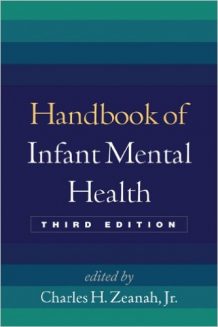(NaturalNews) It’s no secret that a healthy dietary lifestyle goes hand in hand with improved physical health. Certain foods can help stave off cancer recurrences, keep diabetes at bay and lead to weight loss.
However, many foods also play a role in mental health. How certain foods impact mental well-being has continually been studied, and now, researchers from the University of Melbourne and Deakin University have reinforced the strong link between nutrition and good mental health. It’s so important that the experts say equal importance should be placed on both the physical and the mental aspects of a healthy diet.
According to lead author Dr. Jerome Sarris, who works at the University of Melbourne and is a member of the International Society for Nutritional Psychiatry Research, attention to the nutrition-mental health connection is critical. “While the determinants of mental health are complex,” he said, “the emerging and compelling evidence for nutrition as a key factor in the high prevalence and incidence of mental disorders suggests that nutrition is as important to psychiatry as it is to cardiology, endocrinology and gastroenterology.”
Nutritional deficiencies can jeopardize good mental health
The team assessed previous “scientifically rigorous” materials that homed in on the ability of nutrients to alter mental health.
Ultimately, the researchers concluded that diet does indeed provide insight into mental illness and that ignoring this component when it comes to related research can negatively impact advancements in the field. They make it clear, for example, that even maternal nutrition is vital when it comes to mental health outcomes in children, as are the foods that youngsters eat. Serious nutritional deficiencies, especially during early childhood development, can pave the way for psychotic and depressive disorders.
The research, titled “Nutritional medicine as mainstream in psychiatry,” was published in The Lancet Psychiatry.
It states, “Evidence is steadily growing for the relation between dietary quality (and potential nutritional deficiencies) and mental health,” concluding in its summary that the researchers “advocate recognition of diet and nutrition as central determinants of both physical and mental health.”
Healthy diet plays significant role in mental wellness
Sarris maintains that “[i]t is time for clinicians to consider diet and additional nutrients as part of the treating package to manage the enormous burden of mental ill health.” His statement reinforces the need to incorporate more of a focus on diet throughout one’s life, something he hopes becomes more commonplace when medical professionals assess one’s mental state.
According to the National Alliance on Mental Illness, proper nutrition is essential for good mental health. “Simply put,” their site states, “healthy eating is one of the best things you can do to improve wellness.” It goes on to say that a diet which includes fruits, vegetables, nuts and beans is ideal.

